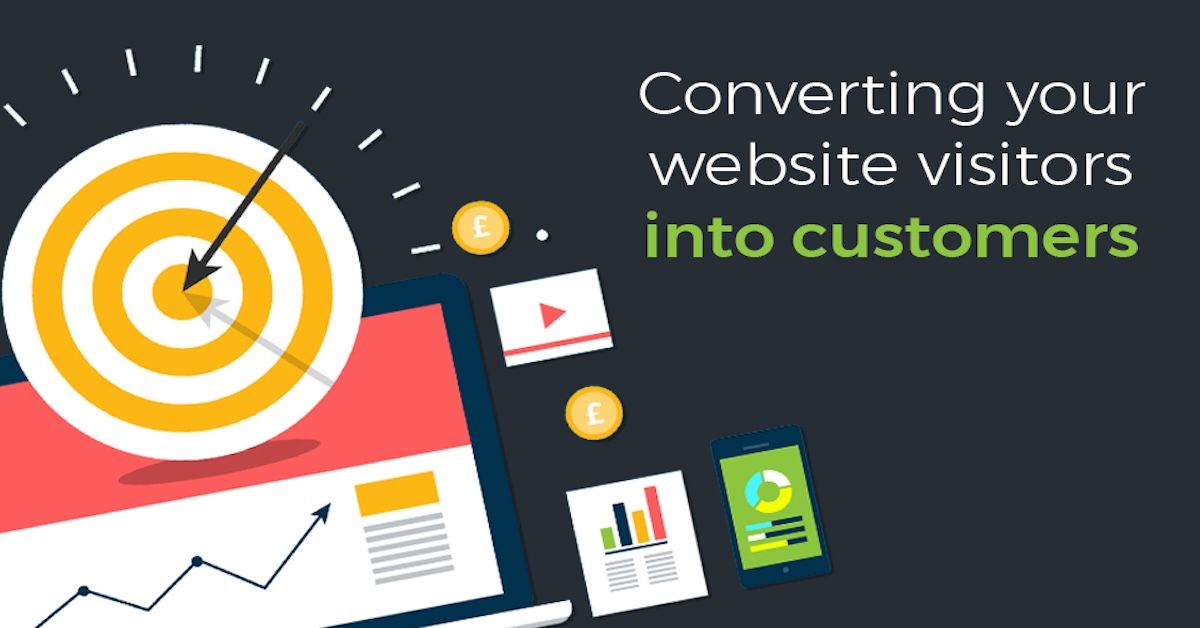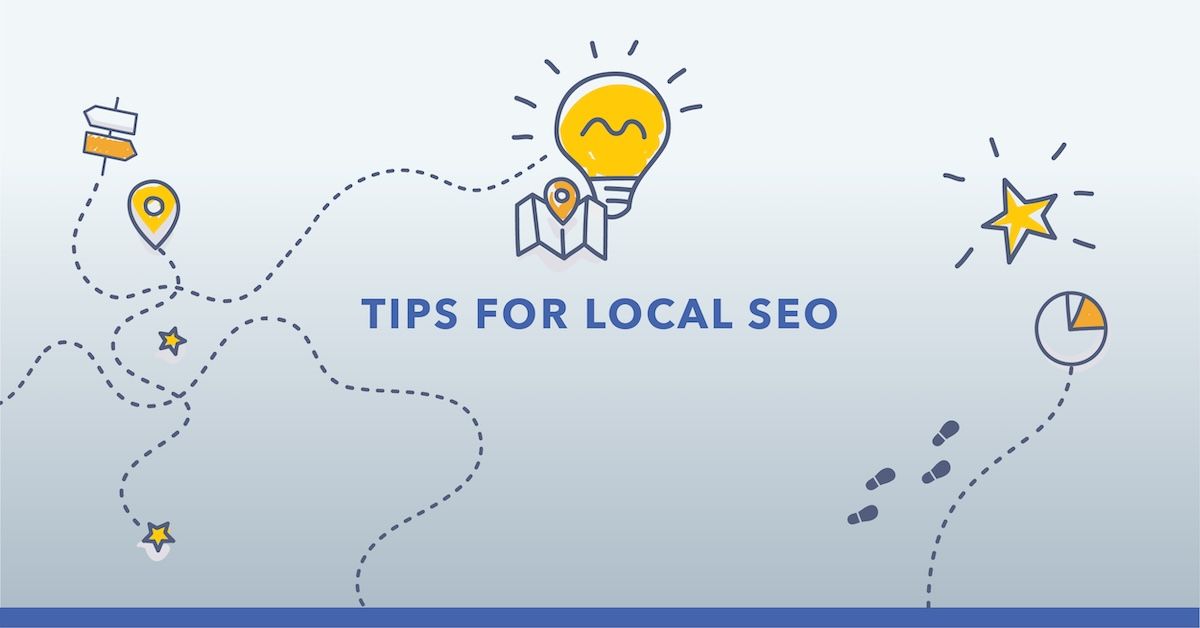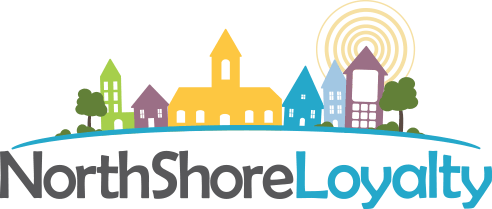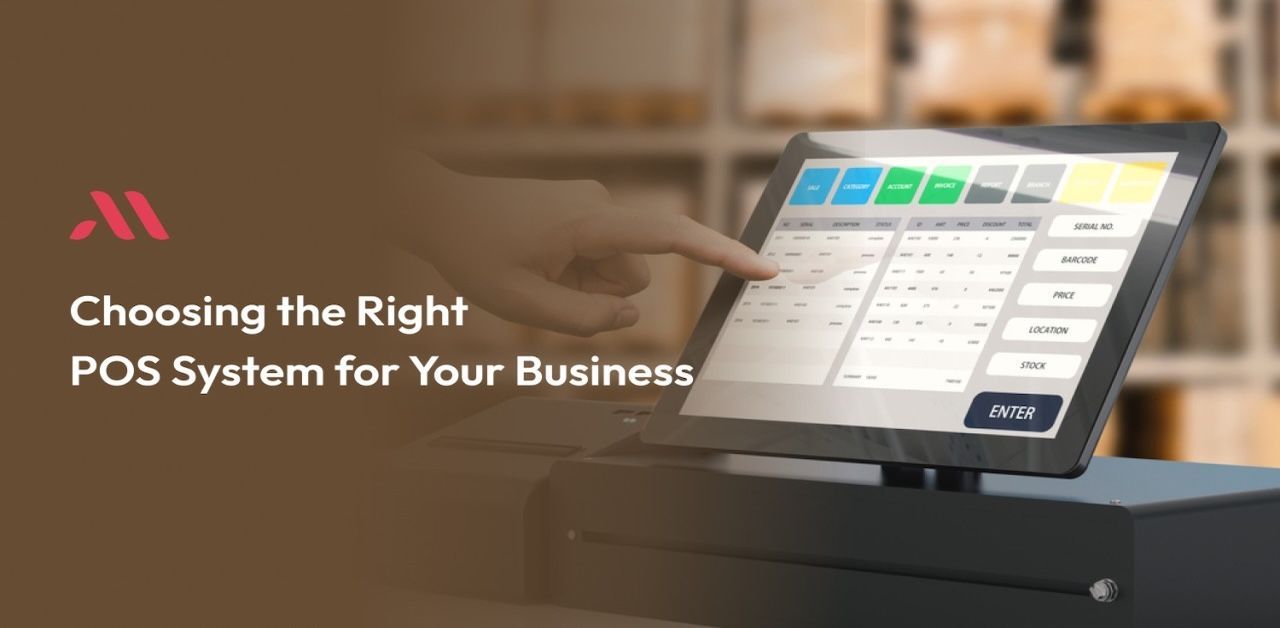Ron Goldblatt • July 26, 2019
The Impact of Yelp and Google Reviews on Your Small Business
Small businesses must use every tool at their disposal, if they want to stand a chance against the big retail chains. In the digital age, one of the most powerful and sometimes controversial tools in existence is an online review. Sites like Yelp or Google and comments on social media sites
like Facebook or Twitter continue to impact purchase decisions. Potential customers use these sites as the first stop for anything from an attractive dinner spot, places to shop or to find a skilled contractor.
A study
done by market research company Dimensional Research
found out that positive online reviews influence purchasing decisions of 90 percent of consumers. If you are one of those people who assume that most online reviews are fake, you will likely be surprised to learn that 89 percent of customers actually view online product and service reviews as trustworthy.
Harvard Business School Assistant Professor Michael Luca determined
that “each rating star added on a Yelp review translated to anywhere from a 5 percent to 9 percent effect on revenues.” He went on to add that his findings are most important for small businesses
with more modest marketing budgets.
Big chains spend millions of dollars to establish a certain image in the customer’s mind, and their formulaic approach to business means that customers know what to expect when they walk through the door. “This is one reason why consumer demand is shifting from chain to independent restaurants in the period following the introduction of Yelp,” Luca writes in his research paper, commenting on the dramatic positive impact a good online review can have on a small local business.
Unsurprisingly, the opposite is true as well. A single 1-star online review can turn off as much as 87 percent of potential customers, discovered a BrightLocal
study. But even a single star can cost a restaurant as much as 9 percent of its revenue.
Stop Neglecting Online Reviews
Despite the apparent importance of online reviews, only half of all business owners surveyed
by Yodle, a New York-based Internet marketing company, think getting positive online reviews is important. The same study also found only 13 percent of small businesses ask customers for online reviews
in the first place. It then hardly comes as a surprise that only one in three small business owners spends any time at all monitoring their web reviews.
Brodie Tyler from Duct Tape Marketing has discovered
, “The top 3 listings in Google’s local search results have an average of 472 percent more reviews than listings 4-6,” adding, “A listing in the top 3 Google local results has an average of 7.62 reviews, compared to just 1.61 reviews in results 4-6.”
And it’s not just online reviews; social media comments on sites like Twitter, Facebook, and Google+ also have a huge impact. According to research released Thursday by ForeSee Results
, social media content prompted 18 percent of website visitors to stop by the URL. As marketing consultant Brian Honigman says, “Links to your content on Facebook, Twitter, LinkedIn, Google+, YouTube, and other social networks help the search engines understand what websites are credible and should be ranked for what keyword phrases.”
The Plan of Action
At this point, the plan of action should be obvious: start asking your customers for online reviews as soon as possible. But do so in a way that’s productive and helps you reach your goals the fastest and most efficiently.
We at NorthShoreLoyalty
have a suite of programs designed to help you ask reviews and filter them according to their rating before they appear on your Google or Yelp profile. This way, you can proactively solve any complaints before they appear on the web. We also give the customer an option to post the review on their Facebook or Twitter accounts so all their friends see it. Visit our website
to learn more about our services.
Our Recent Post

In today’s competitive online world, having a professional website is no longer just an option for businesses—it's a necessity. Your website serves as the virtual storefront for your brand, and its design can play a critical role in converting casual visitors into paying customers. Whether you run a small business or manage a large corporation, an intuitive, aesthetically pleasing website can significantly impact your bottom line. In this article, we’ll explore how professional website design can enhance user experience and ultimately convert visitors into loyal customers.

The way people search for information is constantly changing, especially with the rise of mobile and voice searches. As smartphones and voice assistants like Siri, Google Assistant, and Alexa become an integral part of daily life, local businesses need to adjust their strategies to stay visible to their target audience. With more people relying on their mobile devices and voice commands to find nearby services, understanding how these searches affect local SEO is crucial for success.









